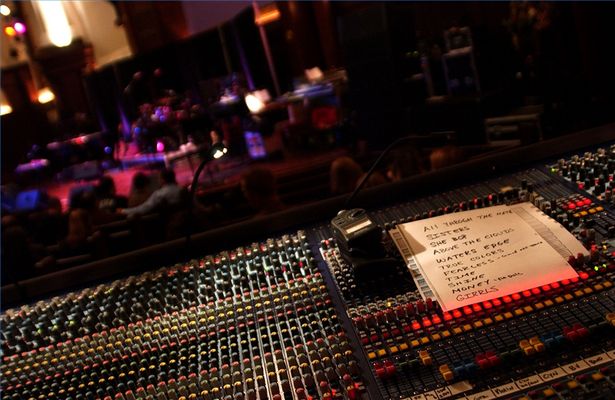8 Tips on How to Soundcheck Effectively

Many bands don’t know how to soundcheck properly. If you want your band to be taken seriously as professional, there are some tips you should follow for an effective soundcheck.
1) Be on Time
If you are late, this can delay everyone and everything else the entire evening. It also puts a lot of stress on the person managing the sound, because if the sound isn’t right and you hear a bunch of feedback etc…they are the ones people will blame for the poor sound. If you are playing a show with multiple bands, stay close and be ready to go in the event that the other bands finish early.
2) Have everything that you’re going to use with you
Make sure you have your instrument and every piece of gear you’re going to use with you, and make sure you have spares for things that can break easily like drumsticks. If you try adding equipment after the soundcheck, this can be bad news for everyone involved come show time (e.g. everyone in the audience needs to hear but you don’t want the sound to be deafening).
3) Zero (level) the board
Zeroing (or leveling) the board so the EQ dials are set to 12 o’clock. After you get a feel for how you sound, then you can adjust the levels based on the space you’re playing in. Even though a setup worked at your last venue, it doesn’t mean it works where you are getting ready to play
4) Make sure everything goes through the board
The sound person needs to control everything so the mix of your band is right. Every instrument (including horns) should be plugged into the board so the mix is adjusted correctly
5) Talk to the person managing your sound
The person managing your sound is a pro, and if you want to make sure your sound is as good as it can be, you need to talk to them. A good working relationship can help reduce stress for your gig.
6) Play like you normally would
Your instrument should already be tuned by the time you get to your soundcheck and you should play like you would at your actual performance so the person manages your sound knows the peaks and valleys in your music.
7) Have the whole band play
This way the person managing your sound can get the mixes set correctly.
8) Have a friend or someone familiar with your sound listen
They will know the quirks of your band and may really be able to help out if something doesn’t sound quite right. Make sure you let the the person managing your sound do their job, but someone familiar with your sound could be a good backup when needed.



0 Comments